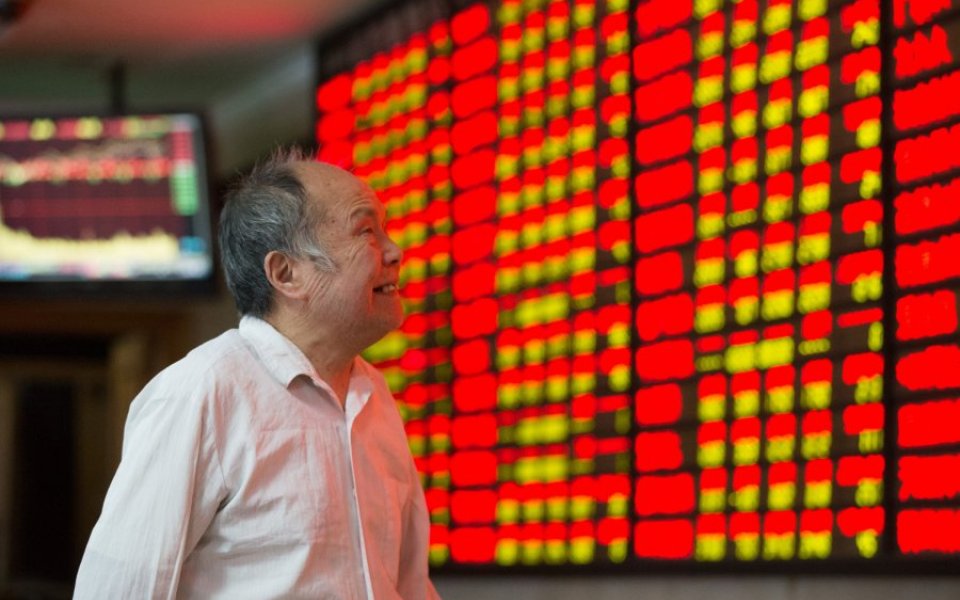State postpones fears of a sell-off in China markets

Chinese authorities gave the country's stock and currency markets a boost yesterday when they resumed buying shares, despite vowing not to at the tail end of 2015.
State controlled financial institutions, known as the “national team”, were widely credited with buying up shares by analysts and traders, many of which were critical of the government’s intervention on the market.
The Chinese state successfully postponed sell offs in 2015 by using similar measures as well as banning larger institutions from selling more than five per cent of shares until the end of this week.
That ban is now expected to be extended sparked by signals from the Chinese Securities Regulatory Commission, though it could now be put in place indefinitely.
David Kuo, chief executive of the Motley Fool in Singapore, told City A.M.: “The government’s learnt that if you put a time frame on the ban there will be a rush to sell as it’s about to expire. This time they’ll leave it open ended.”
Simon French, chief economist at Panmure Gordon, told City A.M.:
I’d be surprised if they didn’t do it.
China’s central bank also continued to inject cash into the system, to the tune of 130bn yuan ($19.9bn) to ward off fears.
The government is looking to avoid a similar situation to that of last summer when some 25 per cent of value was wiped from Chinese companies.
A circuit breaker placed on the market, that kicks in if losses reach five per cent, is also thought to have contributed to panic as investors rush to put in sell orders as soon as the 15 minute emergency close begins.
“The moves seen in Chinese stock markets are quite concerning. Many market internals point to a likely renewed sell-off and a revisit of the late-August lows,” wrote Angus Nicholson, analyst at IG.